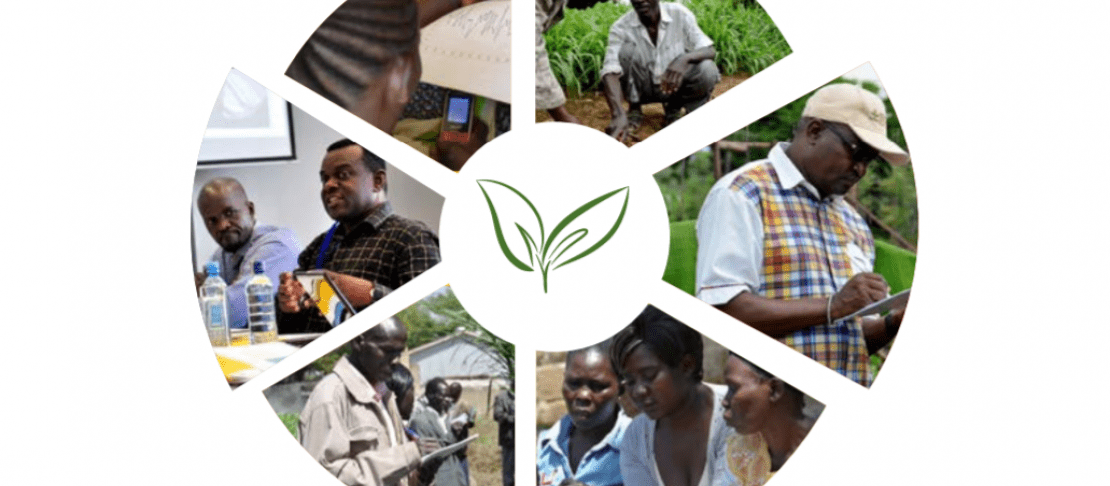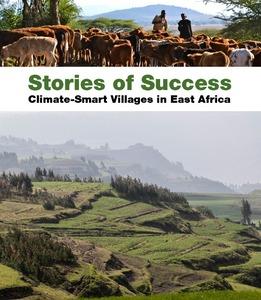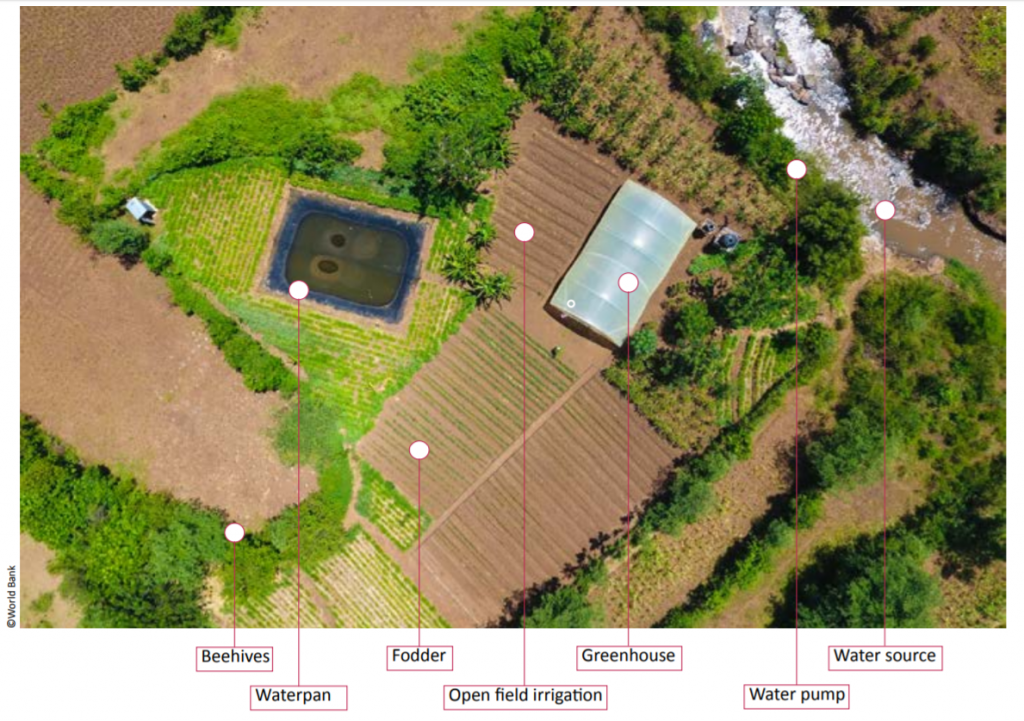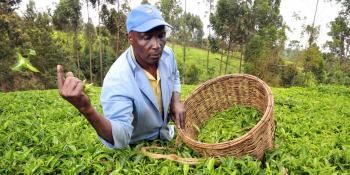Success stories of climate-smart agriculture technologies and practices in East Africa

How are partnerships with farmers, development organizations and agricultural research organizations positively changing the lives of smallholder farmers in East Africa?
Climate change and increased climate variability present new risks for smallholder farmers in East Africa who depend mainly on rainfed agriculture for their livelihoods.
To address this challenge, the CGIAR Research Program on Climate Change, Agriculture and Food Security (CCAFS) has developed the Climate-Smart Village (CSV) Research for Development (R4D) approach. Using participatory methods, CCAFS and partners test technological and institutional options for dealing with climate change in agriculture, with the aim of scaling up and out the appropriate options and drawing out lessons for policymakers from local to global levels.
Stories of Success: Climate-Smart Villages in East Africa
Climate-Smart Villages in East Africa
In East Africa, CCAFS facilitates six Climate-Smart Villages (CSVs): Lushoto (Tanzania), Wote and Nyando (Kenya), Hoima and Rakai (Uganda), and Borana (Ethiopia). Across the CSVs, smallholder farmers face various climate-related risks that include prolonged dry seasons and increased incidence of pests and diseases, which have become more frequent and intense, and have negative impacts on agricultural production.
A recently launched booklet by the CCAFS East Africa team presents some of the emerging stories of success of climate-smart agriculture technologies and practices that are positively changing the lives of smallholder farmers across East Africa. They were selected from a portfolio of climate-smart agriculture interventions and have potential for scaling up.
Improved crop varieties and resilient livestock breeds through collective action groups
To address climate-related risks and improve capacity to adapt to climate change, farmers across the CSVs are coming together through collective action groups. These groups are important platforms for innovative partnerships that provide new knowledge and skills, and build the capacity of local farmers to change farming practices while adopting new crop and livestock interventions. They empower members to pool financial resources for savings, provide labour for farm operations, and make it easier to provide agro-advisory services and farm inputs of good quality at affordable prices.
Farmers in the CSVs are implementing crop-smart and livestock-smart innovations, including:
- Better beans: to improve farmers’ access to seeds of improved bean varieties and establish a sustainable seed delivery system.
- Breeding resilient ruminants: to improved breeds of small ruminants, coupled with better livestock management practices for transforming their productivity, and supporting women’s and young people’s livelihoods.
- Championing better potatoes: to enable farmers to access potato varieties that can be grown all year round and increase potato yields.
- Testing high-yieling root crops: to introduce resistant cassava and sweet potato varieties through participatory action research.
Sharing innovation
CCAFS and partners are coming up with innovative approaches to address climate variability and change, building on existing knowledge and institutional systems, for example:
- Scaling up smart farms: to help farmers to produce reliable harvests and increase yields.
- Conserving soil and water through agroforestry: to provide farming families with the 'five Fs' — food, fuel, fodder, finance and improved soil fertility.
- Sharing better climate information: to help farmers make sound farming decisions— what to plant, when to plant, when to harvest and so on.
- Introducing intercrop innovations: to increase farm resilience and improve food security and incomes.
An aerial view of Obinju smart farm, Nyando. Image: World Bank
The stories described here can inform local, national and international climate change policies and strategies. They clearly demonstrate the increasing importance of collective action in addressing multiple challenges of climate change, and show how CCAFS and partners implement climate-smart technologies and practices to help farmers cope with climate change in East Africa.
Download the booklet: Recha J, Kimeli P, Atakos V, Radeny M, Mungai C. 2017. Stories of Success: Climate-Smart Villages in East Africa. Wageningen, Netherlands: CGIAR Research Program on Climate Change, Agriculture and Food Security (CCAFS).
Read more:
Many different CGIAR Centers are involved in research activities in the villages. These include the International Livestock Research Institute (ILRI), the International Crops Research Institute for the Semi-Arid Tropics (ICRISAT), International Center for Tropical Agriculture (CIAT), the International Institute of Tropical Agriculture (IITA) and the International Potato Center (CIP).
Lili Szilagyi is the Communications consultant for the CCAFS Program Management Unit and CCAFS East Africa.





